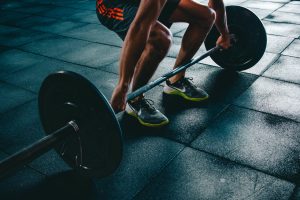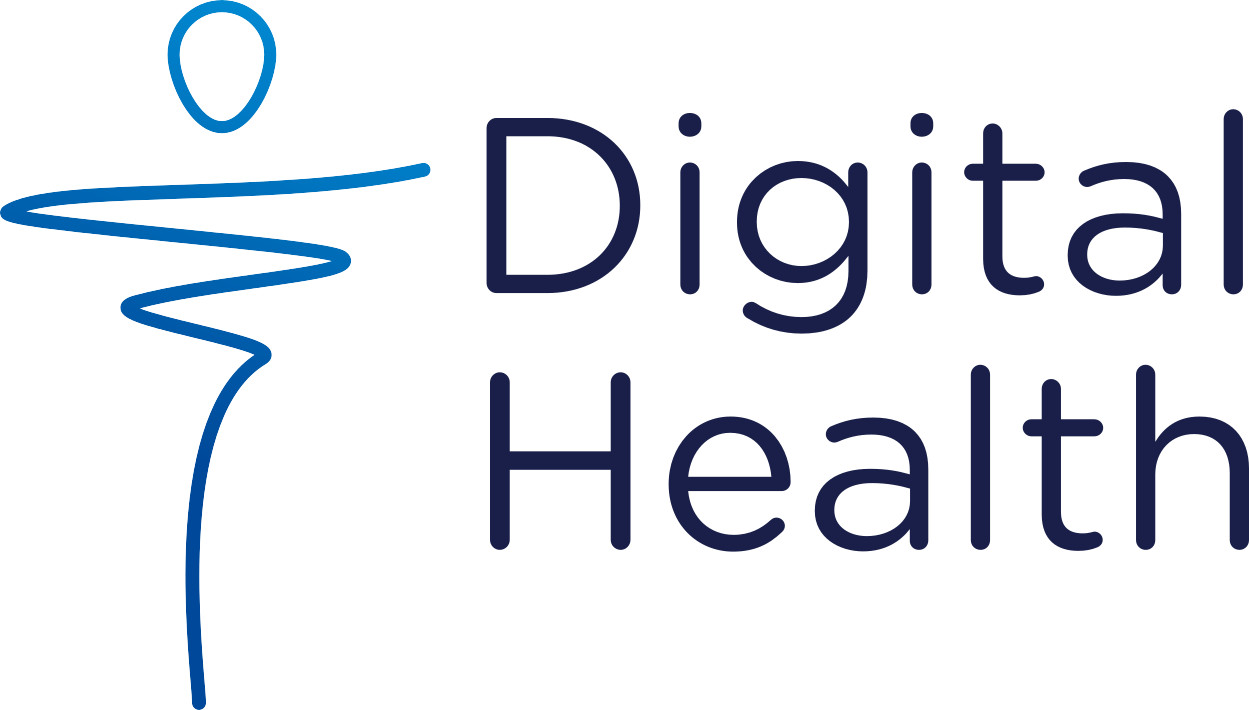Seminar: Gym fatigue estimation with wearable motion sensors
Course description
Wearable sensor technology, particularly inertial measurement sensors are used in various motion analysis including applications in sport, medicine, and rehabilitation of patients after stroke. In this Seminar, we aim to use wearable sensors, i.e. inertial measurement units (IMUs) to investigate fatigue in sports. In particular, we aim to estimate the perceived exhaustion in weightlifting using features derived from IMUs and estimation algorithms based on classification or regression methods.

In this seminar, we will implement a proof-of-concept study, including semi-professional weightlifters. We will evaluate which sensor position on the body are suitable for the fatigue estimation. Furthermore, we will devise machine learning algorithms to estimate the perceived exhaustion based on IMU features. As a reference, we use the athletes assessed scoring of their own performance, following validated assessments. Beside the proof-of-concept study, we will write an ethics application. The ethics-approval is a requirement, particularly when publishing results in suitable journals related to sports science and medicine.
Hence, for this seminar, we define learning objectives, including technical aspects of recording with IMUs as well as aspects of study designs and requirements which are required for an ethics application.
Learning objectives
- Learning how to devise and design a user study.
- Learning principles of wearable measurement systems and sensors.
- Learning how to implement a machine learning toolchain starting from sensor data recordings till the fatigue estimation.
- Learning ethics principles.
- Gain practical experience in a proof-of-concept study.
- (Wearable) Sensor technology used in sports.
- Teamwork.
Course data
| ECTS | 5 / 7.5 |
| Project type | MSc.-Seminar (Group work), Extension to MSc.-Thesis can be discussed. |
| Work distribution | 20% Theory, 50% Study 30% Machine learning / algorithms |
| Presence time | Lecture: 1SWS, Exercises: 3SWS |
| Useful knowledge | Mech./El./Inf.- Engineering, Python, m/e-CAD design knowledge beneficial |
| Period | Winter semester 2018/19 |
Literature
Up-to-date literature recommendations will be provided during the seminar.
Contact
Adrian Derungs
- Job title: Researcher
- Phone number: +49 9131 85-23605
- Email: adrian.derungs@fau.de
Dr. Luis I. Lopera G.
- Job title: Researcher
- Phone number: +49 9131 85-23605
- Email: luis.i.lopera@fau.de



